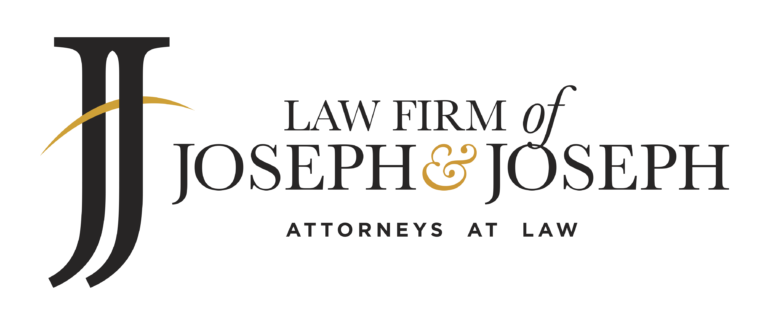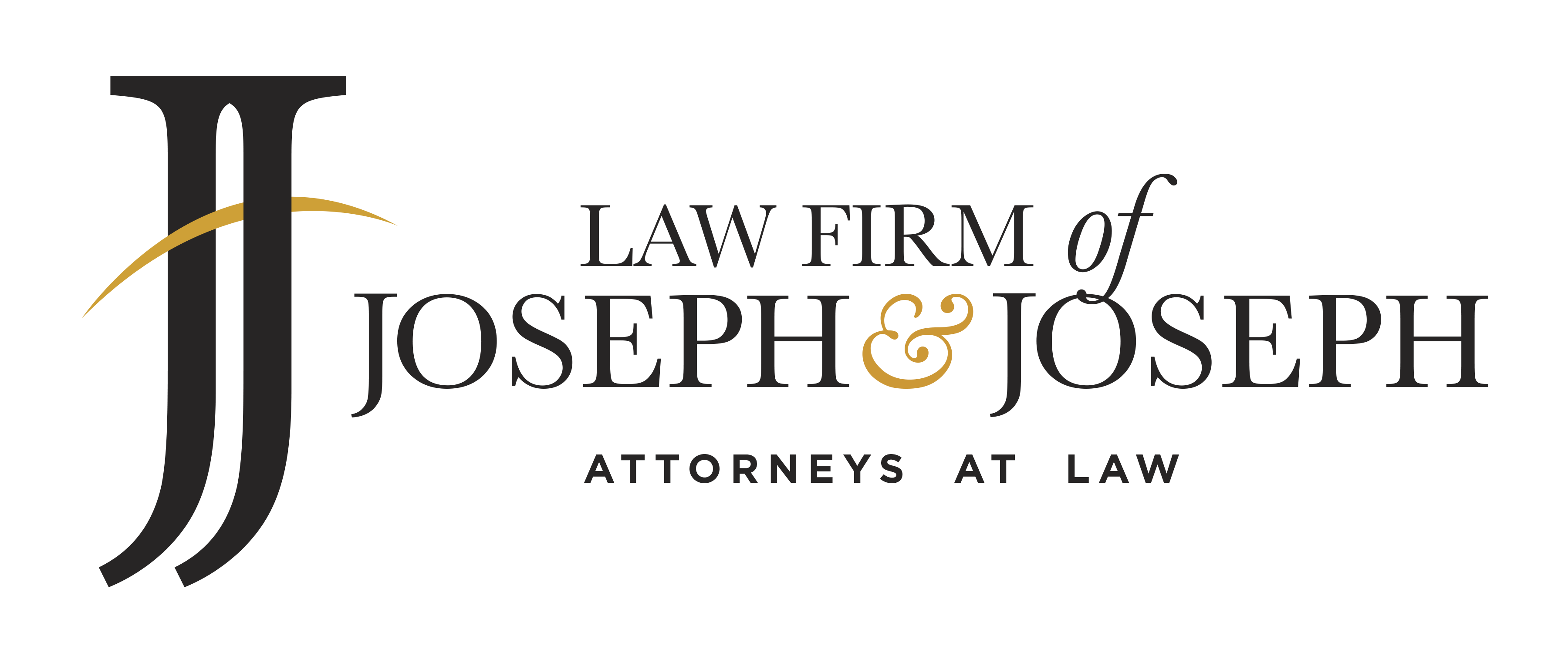By
Sir Lawrence A. Joseph
The recent passing of United States Supreme Court Justice Antonin Scalia helps to lay focus on the politicization of the judicial system in that country. The body of Justice Scalia who died on Saturday 13th February last, may have been still warm when public debate regarding his replacement ensued. Key members of the Republican Party appear to be taking the position that President Obama, from the Democratic Party, should not go ahead and appoint a replacement for Justice Scalia on the Supreme Court. They are insisting that any new appointment should wait for some time after the inauguration of a new President scheduled for 20th January 2017. A new President is due to be elected on 8th November 2016. Comparing the process of the selection of judges to the US Supreme Court and the process of selection to the Caribbean Court of Justice is most intuitive.
It is popularly accepted that the decisions of the US Supreme Court depend on the ideological views of the usual nine Justices of that court. Those views are categorized as being either, conservative, moderate or liberal philosophies of law and judicial interpretation. Whilst moderate views tend to take a middle road, on one end of the spectrum there are the conservative views which tend to be reluctant for change and usually stick with the status quo. For example Justice Scalia was generally regarded as being a conservative. In fact his approach to interpreting constitutional issues was based upon what he perceived to be the intention of the originators of the US constitution. On the other end of the spectrum, liberal views tend to “tweak” the constitution in such a way as to comply with modern day opinions. Liberal views ruled the day in the case of Obergefell v Hodges (2015) when the Supreme Court held in a five to four decision that same sex couples have a right to become married to each other.
According to Article 111 of the US Constitution, all Justices of the US Supreme Court, which is the final court of appeal in the US, must be nominated by the incumbent President of the country and such nominations have to be confirmed by the Senate. Historically, most Presidents nominate candidates who broadly share their ideological views. In general therefore Republican Presidents nominate conservative-minded candidates and Democratic Presidents nominate liberal-minded candidates. As a consequence of this trend, Republicans are concerned that incumbent President Obama would have the tendency to nominate a liberal-minded candidate which nomination would go against their philosophical way of thinking. Seemingly therefore, if President Obama goes ahead and nominates someone, that nomination would be blocked as the Republicans control the majority in the Senate.
The situation regarding the appointments of Judges to the Caribbean Court of Justice which is the highest court of appeal for at least four Caricom states for the time being (i.e. Barbados, Guyana, Belize and Dominica) is very much different. Judges are not nominated nor appointed by politicians. In fact they are completely insulated from the political sphere. Judges of the CCJ are appointed by a Regional Judicial and Legal Services Commission which was established pursuant to Article V (1) of the Agreement which established the CCJ. That Commission is completely independent of political influences. It comprises eleven members who represent various groups throughout the region. These groups include Bar Associations, Judicial Services Commissions, Public Service Commissions, Civil Society and Distinguished Jurists. Before the President of the Court is appointed a recommendation must come from the Commission.
Yet another institution which ensures that there is independence of the CCJ from any political influences is the CCJ Trust Fund. This Fund started off with US$100M with a loan from the Caribbean Development Bank and it is hoped that it will be income-generating to perpetuity. This arrangement helps to keep the court from depending on any largesse and from any administrative control by governments. The Fund is operated by a nine-member Board of Trustees comprising a group of independent professionals which includes the Secretary-General of Caricom, the Vice-Chancellor of the University of the West Indies, the President of the Caribbean Association of Industry and Commerce and the President of the Caribbean Congress of Labour. Unlike the situation regarding the US Supreme Court, therefore, the CCJ is completely devoid of political influences.



